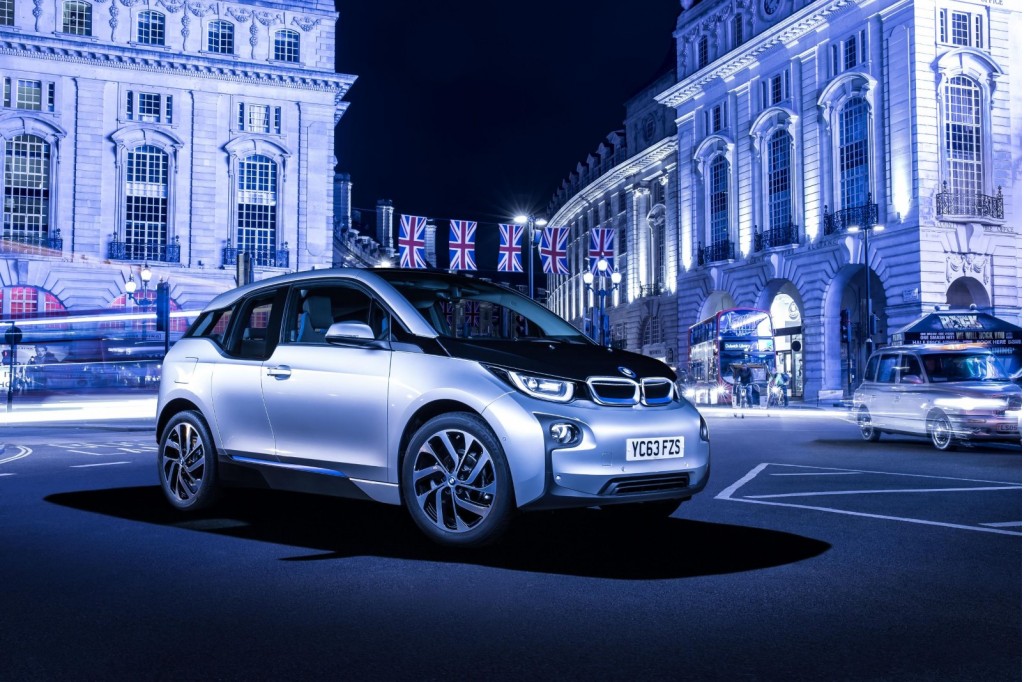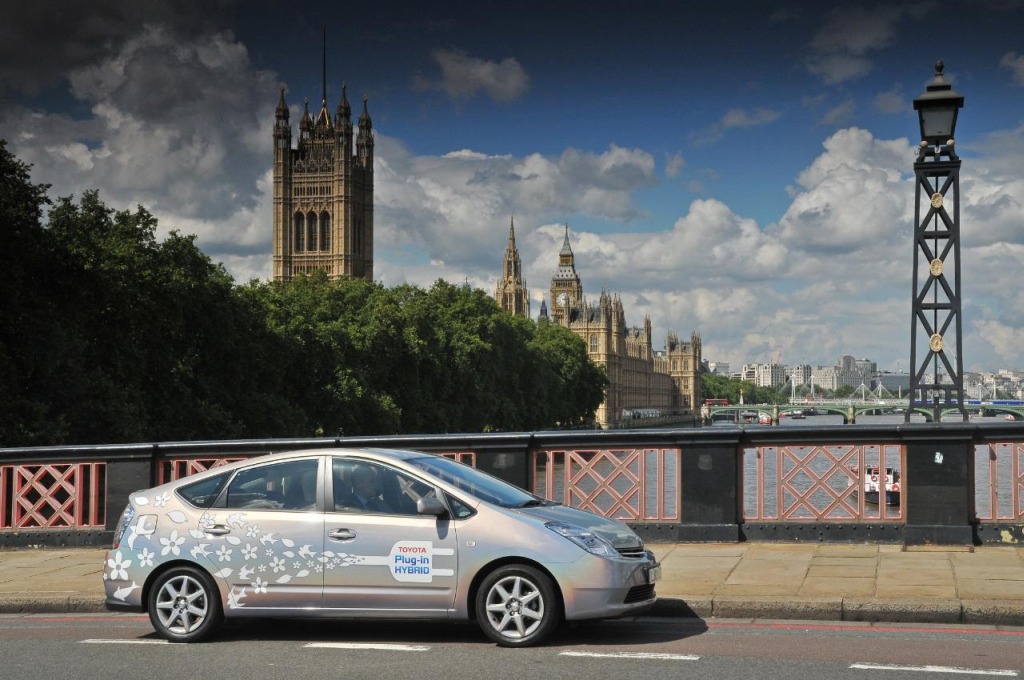For at least 20 years, diesel cars have been much more popular in Europe than in the United States.
Because diesel combustion is more efficient than gasoline combustion, the engines help drivers save money on fuel--and produce lower emissions of greenhouse gases.
MORE: Diesel Pollution In London Makes Air Worse Than Beijing For Nitrous Oxides
However, European countries have only recently adopted a similar strict level of emissions standards to the U.S.
That's led to public concerns over air quality, due to the high levels of nitrous oxides (NOx) and other harmful substances from diesel exhaust produced by engines without modern emission controls.
The diesels sold throughout Europe up until this year would not have been legal to sell in the U.S. since new regulations went into effect most of a decade ago.

Frazer-Nash Metrocab range-extended London taxi
The consequences of such a large fleet of diesel cars recently led British shadow environment minister Barry Gardiner to conclude that the country's strategy for reducing carbon emissions had been flawed.
A policy that based vehicle taxes on carbon-dioxide (CO2) emissions was wrong, he said in a recent television interview (via Motoring Research), because it encouraged more people to buy diesel cars.
ALSO SEE: London To Levy Additional Charge On Older, Higher-Emitting Cars By 2020
He claimed lawmakers didn't anticipate the negative health effects of the decade-long increase in diesel exhaust emissions as they moved to cut CO2.
While diesel sales rates vary significantly among the different countries of the European Union, the U.K. too has historically had a high percentage of diesel cars on its roads.
And in many EU countries, diesel fuel is tax-advantaged, meaning that it's cheaper per gallon than gasoline.
Increased fuel efficiency and cheaper fuel together easily offset the higher cost of diesel engines versus gasoline engines of equivalent power.

2014 BMW i3 in London
Yet only recently has the EU adopted stricter emissions standards equivalent to those imposed on cars sold on this side of the Atlantic.
A set of standards known as Euro 6--roughly equivalent to the current U.S. Tier II, Bin 5 standards adopted in 2007--takes effect only this year.
In the interim, diesel emissions have caused numerous air-quality problems in the U.K.
RELATED: Days Numbered For Dirtiest Diesels In Europe; France To Phase Out Diesel Fuel
The national government recently admitted that NOx remains above acceptable levels in 38 out of 43 regions of the country.
Last summer, NOx levels in London were even higher than those in the infamously polluted air of Beijing.
Other measurements taken later in 2014 showed NOx levels in the famous Oxford Street shopping district to be three times as high as the maximum recommended by the European Union.

Toyota Prius Plug-In Hybrid prototype in London, U.K.
Similar air-quality issues are also leading France to reconsider its reliance on diesel.
The country plans to rank vehicles by the amount of pollution they emit--allowing local authorities to ban the worst offenders from cities--and offer more incentives to get drivers to trade in the oldest, most-polluting vehicles.
Even if these more aggressive policies don't take effect, Europe's new emission standards will help curb pollution from diesel exhaust over time.
Meanwhile, the ill effects of the emissions from tens of millions of diesel passenger vehicles appear to be giving the technology a bad name, despite the improvements in the latest vehicles.
_______________________________________________












